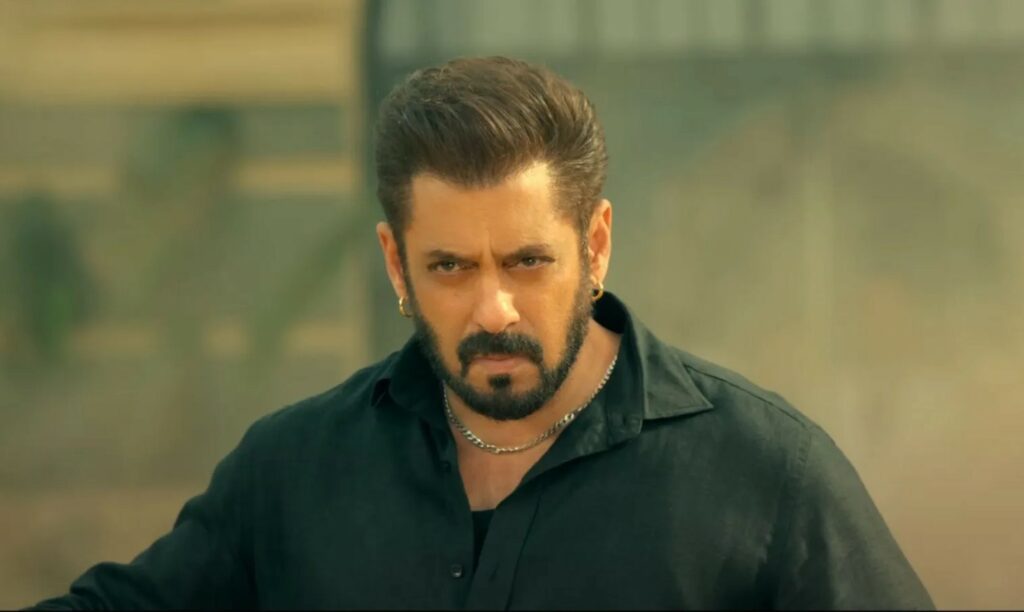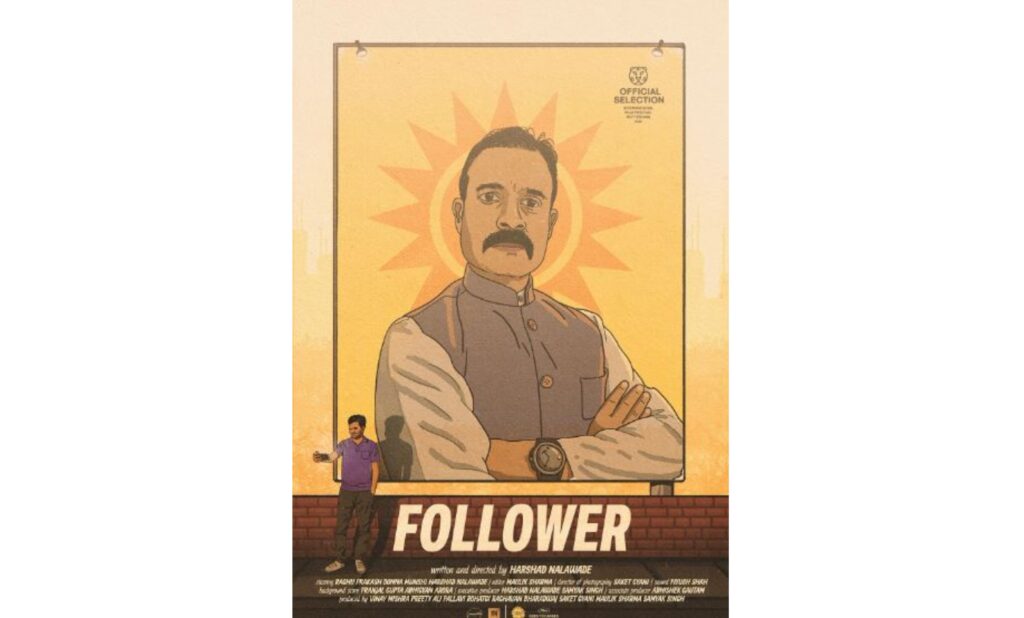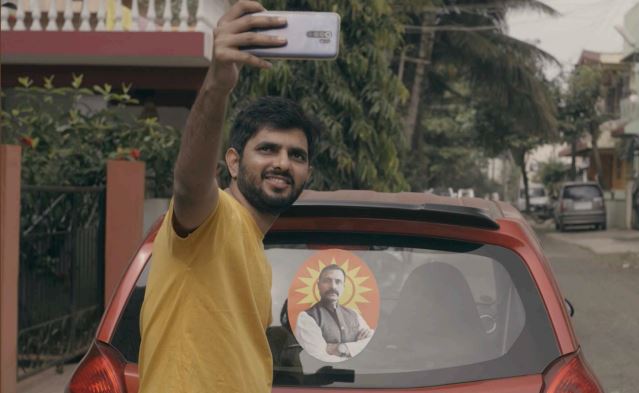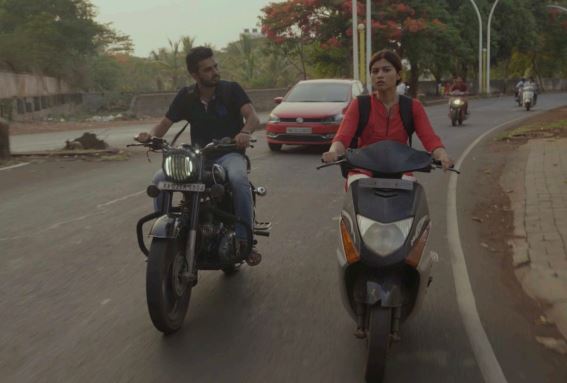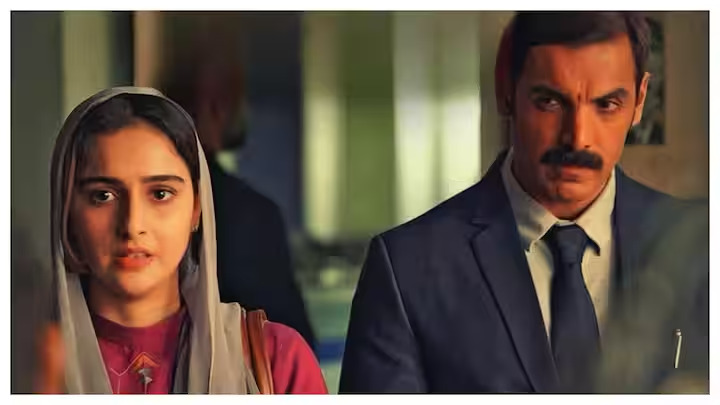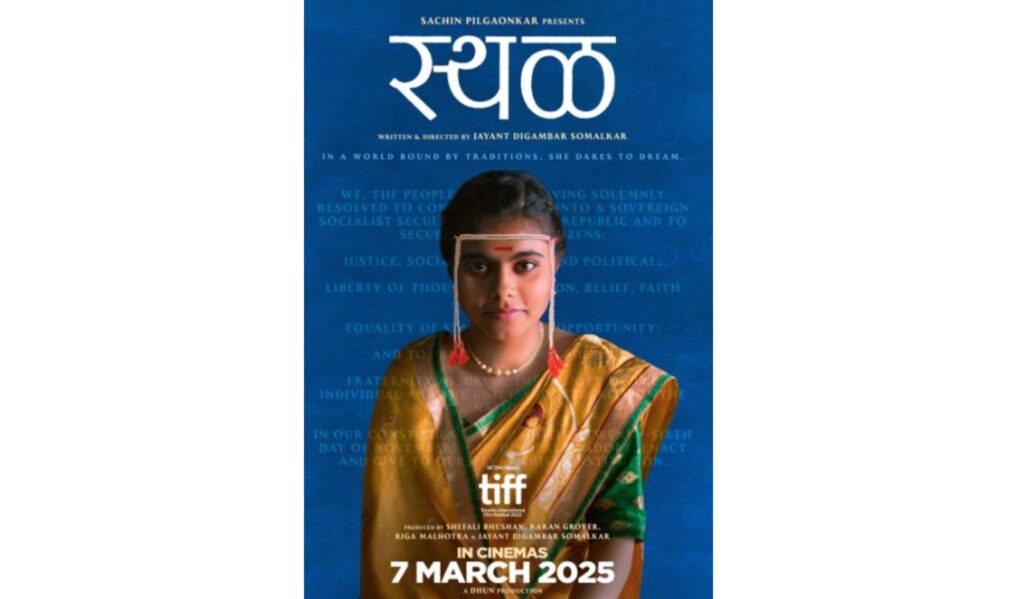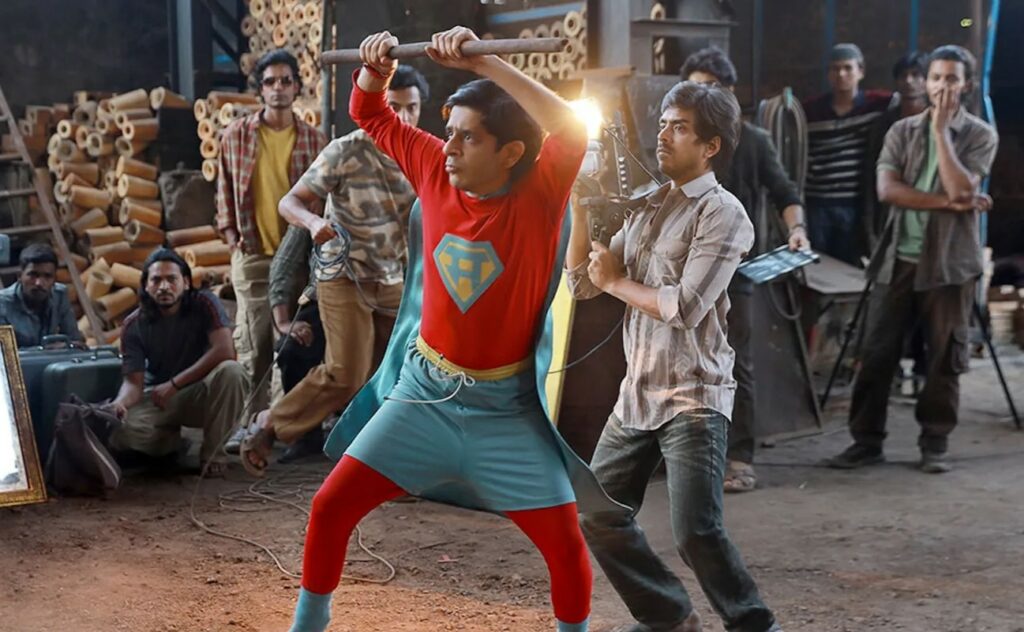Over the last few years, we have been dished out quite a few films (except Tiger 3) that are made just to showcase Salman Khan’s herogiri through fight scenes, dialogue baazi, songs and dances and, above all, his noble on screen nature. This has now become a new genre of filmmaking called ‘Bhai films’. Filmmaker AR Murugadoss’ Sikandar is yet another film in this genre.
The story starts off in Rajkot where Sanjay Rajkot (Salman) enjoys the life of an unofficial king of the city. He lives in a palatial bungalow. We don’t know whether he inherited it from his ancestors or earned money himself to build his empire. He has a wife Saisri (Rashmika Mandanna), who is much younger to him. She is married to him since quite a few years but is still unaware how he has so many nicknames. And it is after quite a few years of their marriage that she says she prefers to address him as only ‘Sanjay’.
During a flight, Sanjay beats up Arjun (Prateik Smita Patil) who was trying to forcefully get physical with a woman on flight after blackmailing her just before take-off despite the presence of her little son. Arjun turns out to be the son of a powerful minister (Sathyaraj) from Maharashtra. The senior politician and his son, obviously, are seething with anger and eager to take revenge from Sanjay.
Meanwhile, Sanjay goes through a terrible personal tragedy. This, somehow, brings him face-to-face with Arjun and his politician father.
Sikandar starts on a good note. Salman Khan’s entry is impressive. Thankfully, this is a not a typical entry scene where the hero beats up a few random baddies just to enter the film. As said in the above synopsis, his beating up Arjun is a part of the film’s story.
However, from here on, the film goes downhill and never recovers. The personal tragedy of Sanjay takes you by surprise but whatever happens after that is difficult to fathom. Linking the organ transplant angle with that of the minister appears forceful and defies logic.
This angle does have a couple of touching moments, especially with the kid who goes through lung transplant and the incident when the people of Mumbai gather to show support for Sikandar. But these incidents appear miniscule because of the huge fallacies the film is riddled with.
The cat and mouse game between Sikandar and the minister not only lacks logic (even by the standards of Bhai films) but is also filled with moments that either make you laugh unintentionally or go like, ‘What the hell just happened!’.
There are quite a few other major questionable moments in the main plot itself. Sanjay is the undisputed king of Rajkot and enjoys a Godly status. Yet, the people of Mumbai haven’t even heard of him even in today’s times of social media. Sanjay is not just rich but also super wealthy but he, for some reason, prefers traveling by train from Rajkot to Gujarat. Ideally, people with such wealth have their own chartered plane in today’s times. Also, the Fiat taxi used by Sanjay in Mumbai has been off the roads since almost a decade or more. Weirdly, the taxis in which his rest of the team travels are the latest ones.
Sikandar is, obviously, made to celebrate Salman’s stardom but he is one of the biggest casualties of the film. He appears without energy, dedication or even interest as he goes about his usual heroics. And the less said about his dialogue delivery the better. Rashmika Mandanna scores in expressions but once again highly irritates with her heavy accented dialogue delivery. Thankfully, she doesn’t have a lengthy role.
Sathyaraj, despite not being very good, is the best of the lot. Prateik Babbar plays a typical spoilt son of a high profile politician. It is painful to see Sharman Joshi being reduced to Sanjay’s secretary. The same sympathy is felt for a very talented bloke like Jatin Sarna. Kajal Aggarwal is decent while Sanjay Kapoor and Sulbha Arya are wasted. Anjini Dhawan is just average and her silly characterization makes it worse.
Overall: Sikandar is a poor product and makes for a tedious watch. The film is about organ transplant but I wish someone had transplanted its script with a script from its adjacent set just before it went on floors. The film will have a decent run at the box office till today, after which it will struggle.
Rating: 1.5 out of 5
Director: AR Murugadoss
Producers: Nadiadwala Grandson Entertainment and Salman Khan Films
Writers: AR Murugadoss, Rajat Arora, Hussain Dalal and Abbas Dalal
Cast: Salman Khan, Rashmika Mandanna, Sathyaraj, Prateik Smita Patil, Sharman Joshi
